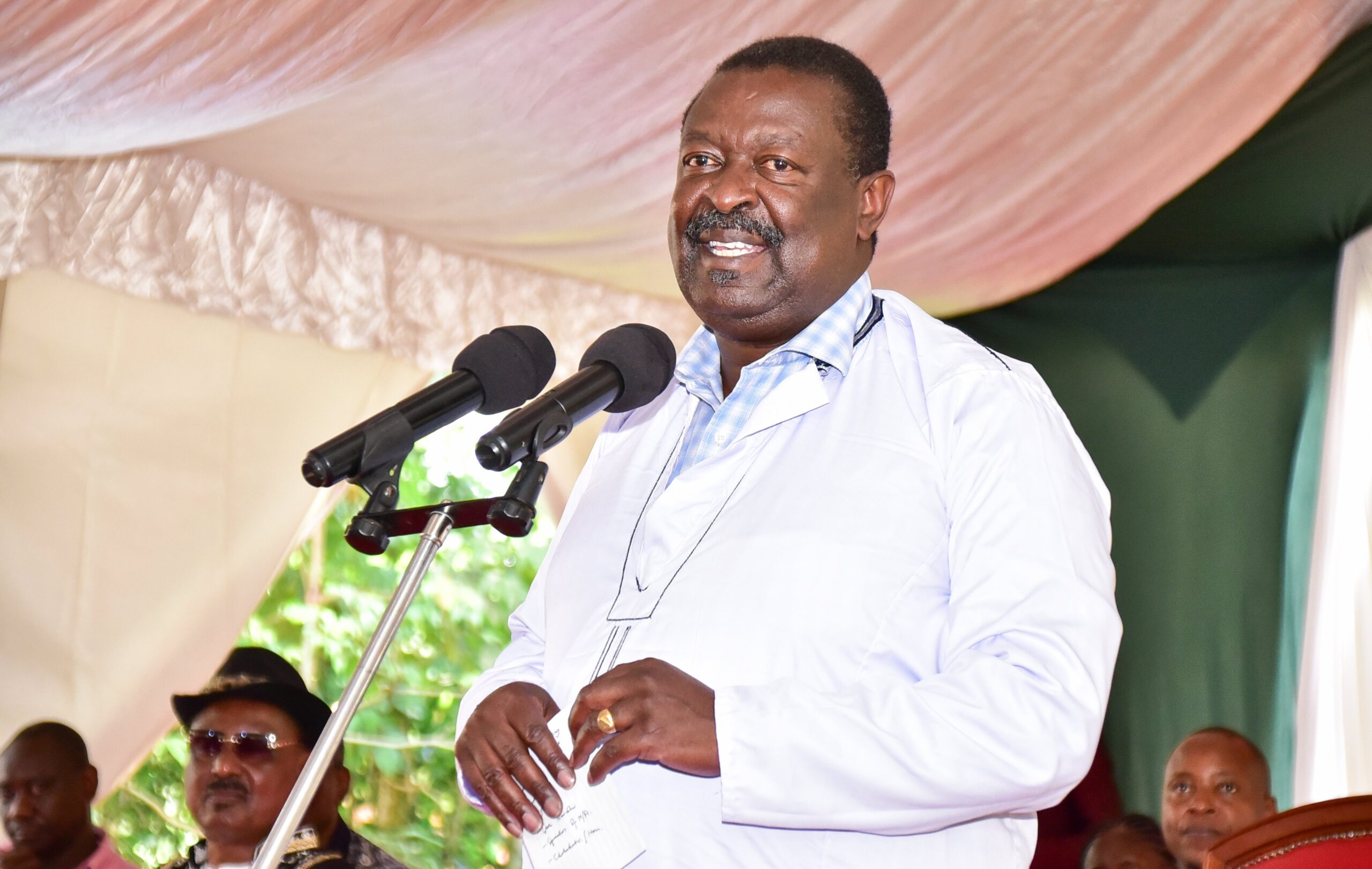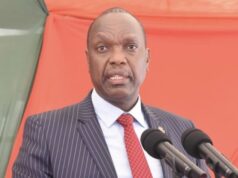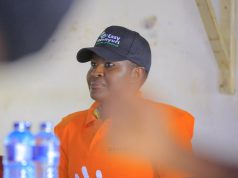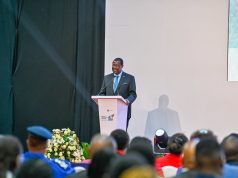Musalia Mudavadi is the current Prime Cabinet Secretary. His office is directly under the office of the President and that of the Deputy President.
There have been questions about how Mudavadi’s roles are different from those of DP Rigathi Gachagua, but Executive Order number 1 of 2023 spells the difference.
Gachagua is tasked with deputising the president, chairing cabinet committees, implementing of Cabinet decisions across all ministries and state departments, and co-ordinate inter-governmental relations between the National and county governments including chairing the Inter-Governmental Budget and Economic Council (IBEC).
He is also tasked with being the liaison person with Constitutional Commissions and Independent Offices, coordinating the planning and supervising the implementation of development partners’ funded programs, and overseeing public sector reforms.
Mudavadi is tasked with assisting the President and his deputy in the coordination and supervision of government ministries and state departments, overseeing the implementation of national government policies, programmes, and projects, and chairing and coordinating the national government legislative agenda across all ministries and state departments in consultation with, and for transmission to the Party/Coalition leaders in Parliament.
He also chairs the Principal Secretaries’ Committees and supervises the technical monitoring and evaluation of Government policies, programs, and projects, and performs any other function as may be assigned by the President.
From the above, one of the biggest roles Mudavadi plays is linking the executive with the legislature through the five key roles.
Here is how it happens
The office of the Prime CS is tasked with identifying policy, legal and institutional reforms needed to implement the government agenda, ensure public participation and the involvement of other stakeholders in the development of bills by ministries, departments and agencies.
Mudavadi is also tasked with monitoring and evaluating the progress of policies and legislation to ensure the objectives of the national government. This is expected to happen within legal frameworks.
“The tracking of and response time to these resolutions will be enhanced by the establishment of the OPCS. In addition, bills passed by Parliament that have a tremendous impact on the priorities of national and county governments’ agenda will get priority watch. It is therefore important to centrally identify such actionable bills, track them and ensure timely implementation,” Mudavadi said.
This is done with the help of two key State Departments – the State Department for Parliamentary Affairs and the State Department of Performance and Delivery Management led by Principal Secretaries.
The PS for Parliamentary Affairs is tasked with communicating policy directions to Parliament, researching, analyzing, and advising on existing legislative gaps, and developing implementation frameworks to track and monitor bills.
The department also ensures action and response to instructions and requests from parliament.
The PS for Performance and Delivery Management deals with performance contracting and delivery of public services within the Executive.
The PS also oversights the implementation of national government policies, programmes, and projects.
-The-Star


















